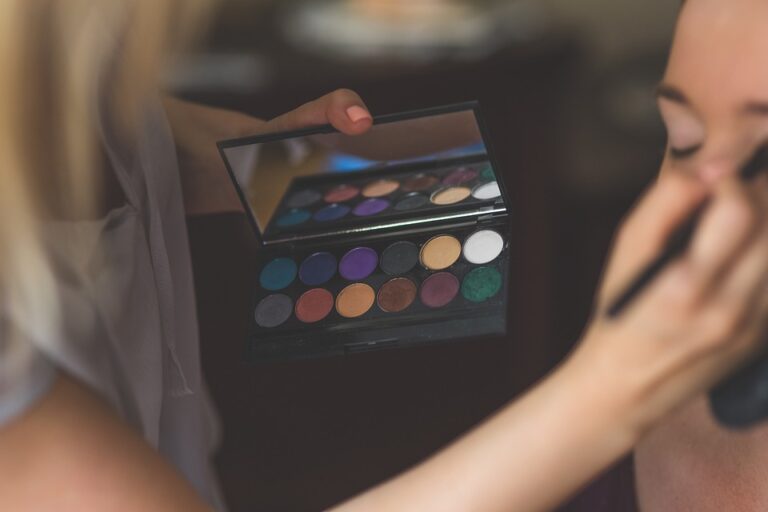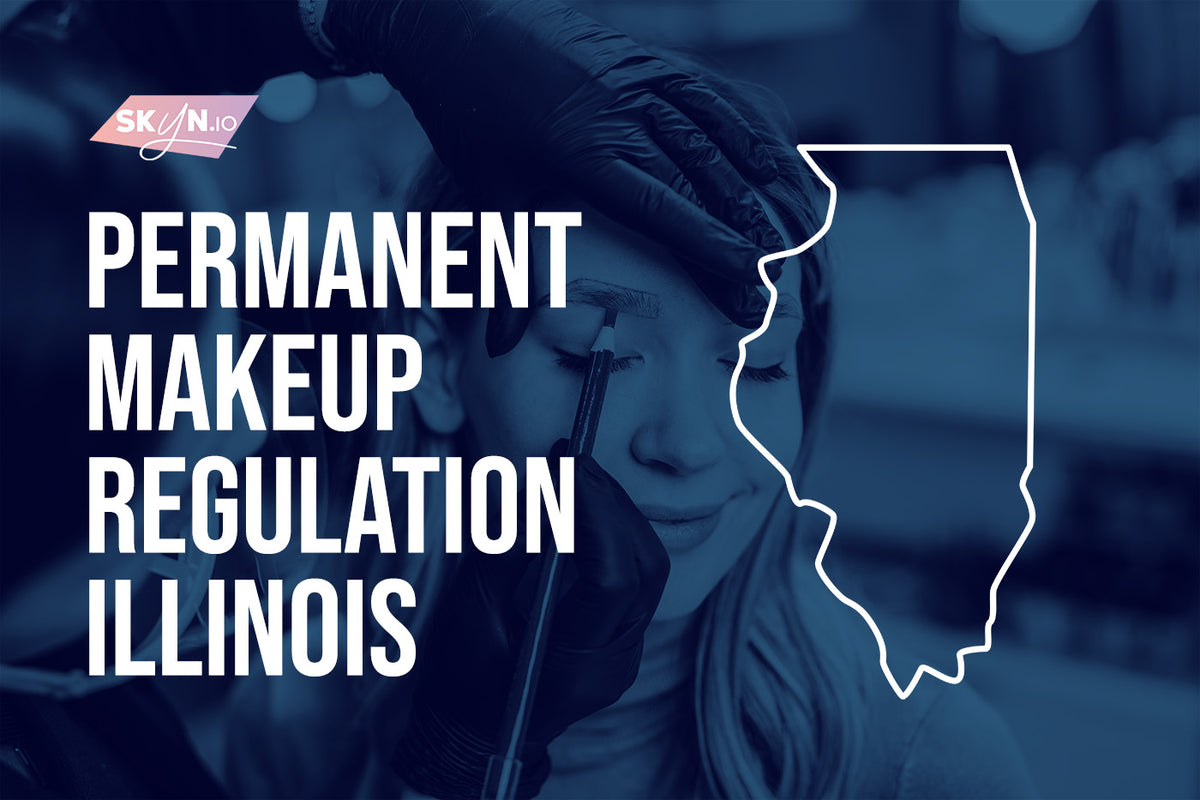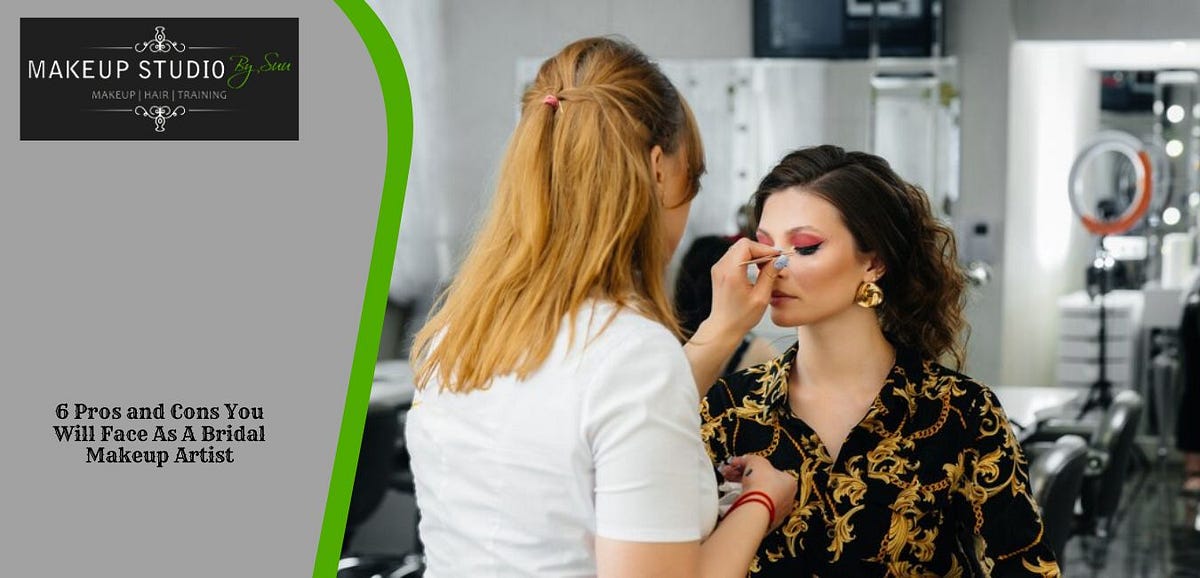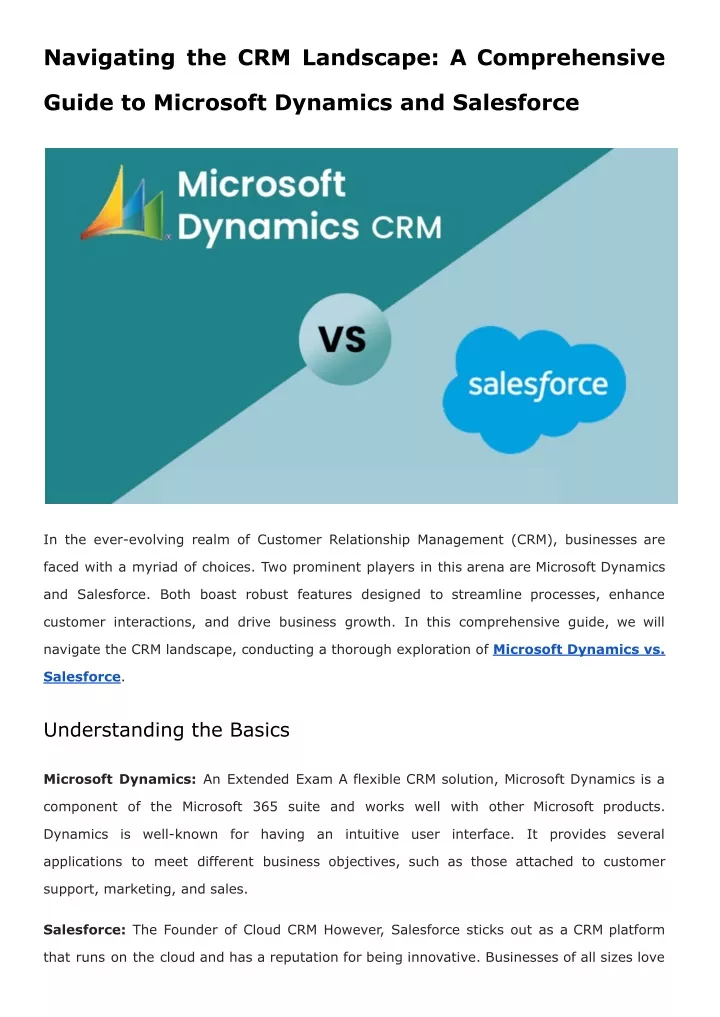Navigating The Landscape Of Makeup Artist Licensing: A Comprehensive Guide
Navigating the Landscape of Makeup Artist Licensing: A Comprehensive Guide
Related Articles: Navigating the Landscape of Makeup Artist Licensing: A Comprehensive Guide
Introduction
With great pleasure, we will explore the intriguing topic related to Navigating the Landscape of Makeup Artist Licensing: A Comprehensive Guide. Let’s weave interesting information and offer fresh perspectives to the readers.
Table of Content
Navigating the Landscape of Makeup Artist Licensing: A Comprehensive Guide

The world of makeup artistry is a vibrant and dynamic field, attracting individuals with a passion for creativity and a desire to enhance beauty. While many aspiring makeup artists embark on their journeys with enthusiasm, the path to professional success often necessitates navigating a complex web of regulations, particularly concerning licensing requirements. Understanding these requirements is crucial for aspiring makeup artists to establish a legitimate and reputable career, ensuring they operate within the legal framework and maintain professional standards.
The Importance of Licensing: A Foundation for Trust and Expertise
Licensing, while not universally mandated across all jurisdictions, serves as a crucial cornerstone for the makeup artistry profession. It signifies that an individual has met specific educational and practical standards, demonstrating their competency and commitment to delivering safe and effective services. This, in turn, fosters trust and confidence among clients, who can be assured that they are receiving services from a qualified professional.
A Diverse Landscape: Understanding Regional Variations
The landscape of makeup artist licensing is diverse, with regulations varying significantly across different states and countries. Some jurisdictions require mandatory licensing, while others have no formal licensing requirements, relying on industry standards and individual reputation. This variation underscores the importance of thorough research tailored to the specific location where a makeup artist intends to practice.
Unveiling the Requirements: A Detailed Exploration
To provide a comprehensive overview of makeup artist licensing requirements, this guide will delve into key aspects, including:
- Licensing Categories: Different jurisdictions may classify makeup artistry under various categories, such as cosmetology, esthetics, or a specific makeup artistry license. Understanding the relevant category in your location is paramount.
- Eligibility Criteria: These criteria typically encompass factors such as age, education, training, and experience. Some jurisdictions may require a high school diploma or equivalent, while others might mandate specific training programs or apprenticeship hours.
- Examination Requirements: Many jurisdictions require aspiring makeup artists to pass written and practical exams, demonstrating their proficiency in makeup application techniques, sanitation practices, and knowledge of skin and product safety.
- Continuing Education: Maintaining a license often involves ongoing education, requiring makeup artists to attend workshops, seminars, or courses to stay abreast of industry trends, advancements in techniques, and regulatory updates.
- Fees and Renewal Procedures: Licensing typically involves application fees, renewal fees, and other associated costs. It is crucial to understand the fee structure and renewal process in your jurisdiction to ensure timely compliance.
Navigating the Licensing Maze: A Step-by-Step Guide
1. Researching the Specific Requirements: The first step involves thoroughly researching the licensing requirements in your specific location. This can be achieved through:
- State Licensing Boards: Contacting the relevant state licensing board for cosmetology, esthetics, or makeup artistry is a primary source of information.
- Professional Organizations: Associations such as the National Association of Makeup Artistry (NAMA) can provide valuable insights and resources.
- Online Databases: Websites like the National Registry of Certified Cosmetologists (NRCC) offer searchable databases of licensing requirements.
2. Meeting Eligibility Criteria: Once you have identified the specific requirements, ensure you meet the eligibility criteria, which may include:
- Age: Most jurisdictions have minimum age requirements, typically 16 or 18 years old.
- Education: Some jurisdictions may require a high school diploma or equivalent.
- Training: Specific training programs or apprenticeship hours may be mandatory.
- Experience: Certain jurisdictions might require a minimum number of hours of practical experience.
3. Enrolling in Approved Training Programs: If required, enroll in an approved training program that aligns with the licensing requirements. These programs typically cover:
- Makeup Application Techniques: Mastering various makeup techniques, from basic to advanced, including foundation application, eye shadow blending, contouring, and special effects makeup.
- Skincare and Product Knowledge: Understanding different skin types, conditions, and the proper use of makeup products to achieve desired results.
- Sanitation and Hygiene: Adhering to strict sanitation and hygiene practices to ensure the safety of clients and prevent cross-contamination.
- Business Practices: Learning essential business principles, including client communication, marketing, and financial management.
4. Preparing for the Licensing Exams: Once you have completed the required training, prepare diligently for the licensing exams, which may include:
- Written Exam: This exam typically tests your knowledge of makeup techniques, product safety, sanitation practices, and relevant regulations.
- Practical Exam: This exam assesses your practical skills in makeup application, demonstrating proficiency in various techniques and adhering to safety standards.
5. Applying for a License: After successfully passing the exams, submit your application to the relevant licensing board. Include all required documentation, such as:
- Application Form: Complete the application form accurately and provide all necessary information.
- Proof of Training: Provide certificates or transcripts from approved training programs.
- Proof of Identity: Submit valid identification documents, such as a driver’s license or passport.
- Fees: Pay the required application and licensing fees.
6. Maintaining Your License: Once your license is granted, it is crucial to maintain it by adhering to ongoing requirements:
- Continuing Education: Attend approved workshops, seminars, or courses to stay abreast of industry trends and regulatory updates.
- Renewal Fees: Pay the required renewal fees to maintain your license.
- Compliance with Regulations: Keep up-to-date with any changes in regulations or licensing requirements.
Frequently Asked Questions (FAQs) About Makeup Artist Licensing
1. Is a Makeup Artist License Required in My State?
The licensing requirements for makeup artists vary significantly across different states. Some states require mandatory licensing, while others do not. To determine the specific requirements in your state, contact the relevant state licensing board for cosmetology, esthetics, or makeup artistry.
2. What are the Benefits of Obtaining a Makeup Artist License?
Obtaining a makeup artist license offers several benefits, including:
- Legitimacy and Credibility: A license signifies that you have met specific educational and practical standards, enhancing your professional credibility and reputation.
- Client Confidence: Clients are more likely to trust and engage with licensed professionals, knowing they have met certain qualifications.
- Legal Protection: A license can provide legal protection, ensuring you operate within the framework of regulations and minimize potential liability.
- Professional Opportunities: Some employers or clients may require a license as a prerequisite for employment or collaboration.
3. What if I Don’t Have a Formal Makeup Artist Training?
While formal training is often recommended and may be required in some jurisdictions, aspiring makeup artists without formal training can still pursue a career in the field. However, it is crucial to:
- Build a Strong Portfolio: Showcase your skills through a comprehensive portfolio of your work, highlighting your creativity and technical proficiency.
- Gain Experience: Seek opportunities to gain practical experience through assisting established makeup artists, participating in workshops, or volunteering for events.
- Stay Informed: Continuously educate yourself through self-study, online courses, or attending workshops to stay abreast of industry trends and techniques.
4. What are the Costs Associated with Obtaining a Makeup Artist License?
The costs associated with obtaining a makeup artist license can vary significantly depending on the jurisdiction, the type of license, and the specific requirements. These costs may include:
- Application Fees: Fees for submitting your application to the licensing board.
- Training Costs: Tuition and fees for approved training programs.
- Examination Fees: Fees for taking the written and practical exams.
- Renewal Fees: Fees for renewing your license periodically.
5. How Can I Maintain My Makeup Artist License?
Maintaining your makeup artist license involves staying informed about regulatory changes, adhering to continuing education requirements, and renewing your license periodically.
- Continuing Education: Attend approved workshops, seminars, or courses to stay abreast of industry trends, advancements in techniques, and regulatory updates.
- Renewal Fees: Pay the required renewal fees to maintain your license.
- Compliance with Regulations: Keep up-to-date with any changes in regulations or licensing requirements.
Tips for Aspiring Makeup Artists
- Research Thoroughly: Before embarking on a career in makeup artistry, research the licensing requirements in your specific location to ensure you meet the necessary qualifications.
- Choose Reputable Training Programs: Select training programs that are recognized and approved by the relevant licensing board to ensure the quality of your education.
- Practice Regularly: Dedicate time to practicing your skills and honing your techniques to build confidence and proficiency.
- Build a Strong Portfolio: Showcase your work through a comprehensive portfolio that highlights your creativity, technical skills, and versatility.
- Network with Industry Professionals: Attend industry events, workshops, and conferences to network with other makeup artists, learn from their experiences, and explore potential opportunities.
- Stay Updated: Continuously educate yourself through self-study, online courses, or attending workshops to stay abreast of industry trends, advancements in techniques, and regulatory updates.
- Market Your Services Effectively: Develop a strong online presence through a professional website or social media platforms to showcase your work and attract clients.
Conclusion: Embracing the Journey to Professional Recognition
Navigating the landscape of makeup artist licensing can seem complex, but it is a crucial step towards establishing a legitimate and successful career. By understanding the specific requirements in your jurisdiction, pursuing appropriate training, and maintaining your license, you can demonstrate your commitment to professional standards and build a foundation for a thriving career in the world of makeup artistry. Remember, licensing is not merely a formality but a testament to your dedication to delivering exceptional service and upholding the integrity of the profession.








Closure
Thus, we hope this article has provided valuable insights into Navigating the Landscape of Makeup Artist Licensing: A Comprehensive Guide. We hope you find this article informative and beneficial. See you in our next article!
You may also like
Recent Posts
- Mastering The Art Of Eye Makeup: A Comprehensive Guide To The Color Wheel
- The Art Of Enhancement: A Comprehensive Guide To Makeup
- The Ultimate Guide To Makeup Bags For Travel: Organization, Style, And Essential Considerations
- A Guide To Makeup At Walmart For Kids: Exploring Options And Considerations
- A Comprehensive Guide To Makeup Brands Beginning With C: From Classic To Cutting-Edge
- The Ultimate Guide To Finding The Perfect Makeup Chair: A Comprehensive Look At Kmart’s Offerings
- Navigating The World Of Makeup For Sensitive Skin: A Guide To Finding The Perfect Fit
- The Ever-Evolving Canvas: Exploring Makeup Designs Through The Decades
Leave a Reply